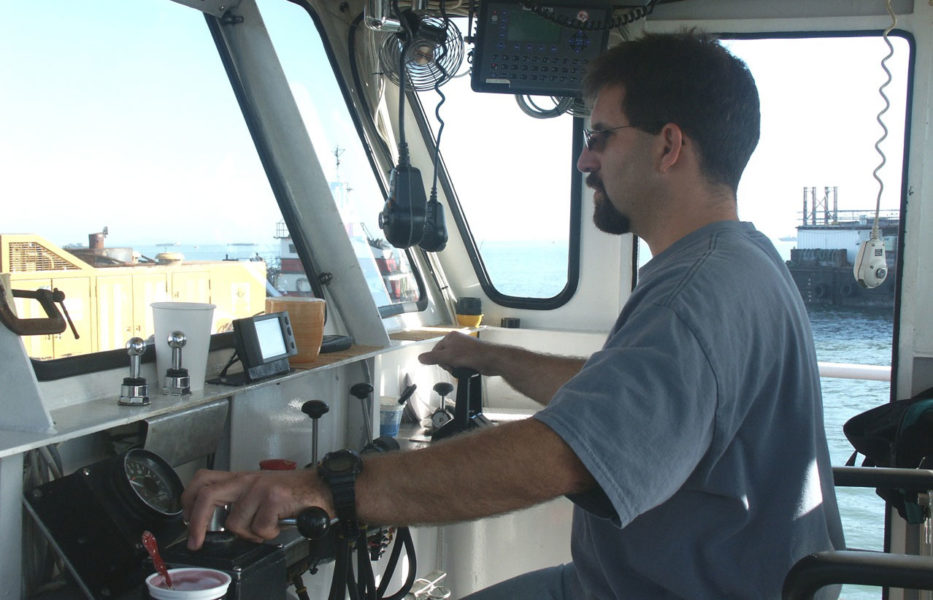Jones Act seamen are wards of the court, and an employer has legal duties when a seaman becomes ill or is injured while in the service of a vessel.
A Jones Act employer has a non‑delegable duty to provide prompt and reasonable medical care under the existing circumstances. The Fifth Circuit Court of Appeals recently revisited the scope of an employer’s duty to provide reasonable medical care to a seaman who suffered a stroke in Randle v. Crosby Tugs LLC (Fifth Circuit December 2018). It affirmed that the employer acted reasonably in calling 911 to respond and that it was not liable for the negligence of the hospital that misdiagnosed the seaman’s condition.
Randle was unloading groceries at a dock in Amelia, La., when he felt fatigued and lightheaded. Shortly after, he was found unresponsive in his cabin. The captain called 911, whose ambulance transported Randle to a local hospital under established protocols. The hospital failed to properly diagnose and treat a stroke which resulted in a permanent disability. Randle sued Crosby Tugs under the Jones Act and general maritime law for failing to provide prompt and adequate medical care. The district court dismissed the claims of negligence and unseaworthiness on a Motion for Summary Judgment.
The questions on appeal included whether Crosby was negligent in calling 911 and whether Crosby was vicariously liable for the negligence of the hospital. Following established precedent, the Fifth Circuit focused on the circumstances surrounding the illness/injury and the availability of medical facilities in determining whether Crosby acted “reasonably.”
Initially, the court affirmed that by calling 911 Crosby “selected the course of action reasonably calculated to get Randle to a medical facility that would be able to treat him.” Second, the Fifth Circuit considered whether Crosby was liable for the hospital’s negligence. “A shipowner is liable for the injuries negligently inflicted on its employees by its officers, agents or employees.” Since the hospital was not under contract with Crosby, it was not its “agent.”
A Jones Act employer is not liable for the acts or omissions of an unrelated third party once it has acted reasonably in seeking medical attention. By calling 911, Crosby did not intend that the hospital under the call network was acting as its agent. Only medical care providers that a shipowner selects may be considered as an agent.
The Fifth Circuit did not discuss the standard of care imposed when an employer selects a physician nor suggest whether or not Crosby would have been negligent if it selected the hospital. However, there is now clear precedence that an employer, whose vessel is in a U.S. port, will not be second guessed by calling 911.





